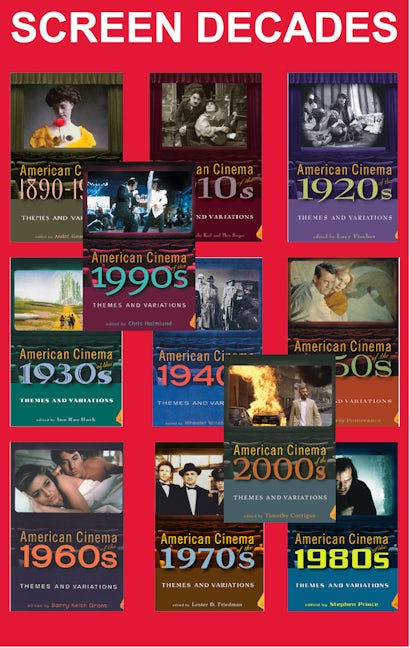Introduction to film history
The study of film, films, and cinema of the past, using historical methods. The main approaches attempt to account for the ways in which cinema as art, technology, economic institution, and social practice has changed over time. Film and cinema are embedded in a complex network of relationships, and this has given rise to a broad range of approaches to film history. Firstly, an aesthetic approach attends to the history of cinema as an art form, including a focus on the lives of key inventors, filmmakers, and producers; and on identifying, describing, and interpreting ‘masterpieces’ of film art (see canon); while a broader approach to aesthetic film history focuses on film style, genre, and film movements. Secondly, a technological approach considers the origins, development, innovation, and adoption of technologies such as film stock, camera, film projector, and 3-D. Thirdly, an economic approach considers cinema in relation to histories of film production, distribution, and exhibition (see film industry). Lastly, a broadly social-historical approach considers how cinema has interacted with its social, political, and cultural contexts: here, a film or group of films may be read as embodying social values and attitudes, say, or as expressing government policy; or as in some sense reflecting the sensibilities of the time (see censorship; politics and film; propaganda). In practice, film historians deploy these approaches in a range of different ways and combinations: the introduction of a specific technology might be explained in relation to economic and social factors, for example; and these factors might in turn be linked to changes in film styles. A major concern for all historians is the question of evidence; and this is particularly pressing for film historians because many early films have not survived or survive in a fragile state (see film archive; film preservation). The issue of evidence also bears on the partiality of film history, which has tended to focus on Western cinemas, in part because film histories can only be written for countries and regions where films and film-related materials have been preserved. ...
Kuhn, A., & Westwell, G. (2020). Film history. In A Dictionary of Film Studies. Oxford University Press. Retrieved 11 Oct. 2022
Finding resources in the library's collections
-
motion pictures united states historySubstitute another country's name to find those resources.
Series on film history
-
 Screen decades
Call Number: Check the catalog for locationEach volume presents a group of original essays analyzing the impact of cultural issues on the cinema and the impact of the cinema on society. Every chapter explores a spectrum of particularly significant motion pictures and the broad range of historical events to provide a continuing sense of the decade as it came to be depicted on movie screens across the nation.
Screen decades
Call Number: Check the catalog for locationEach volume presents a group of original essays analyzing the impact of cultural issues on the cinema and the impact of the cinema on society. Every chapter explores a spectrum of particularly significant motion pictures and the broad range of historical events to provide a continuing sense of the decade as it came to be depicted on movie screens across the nation.